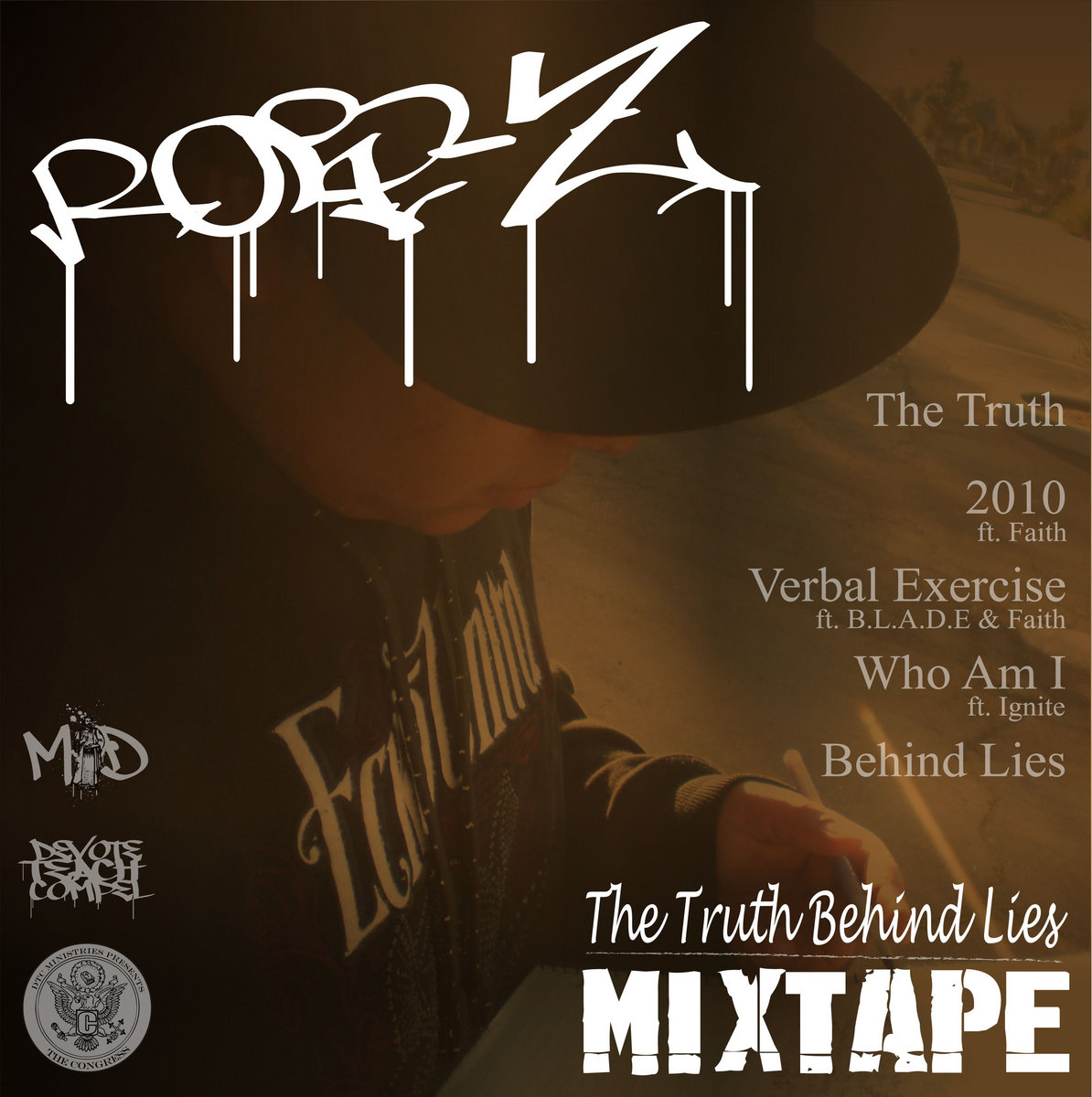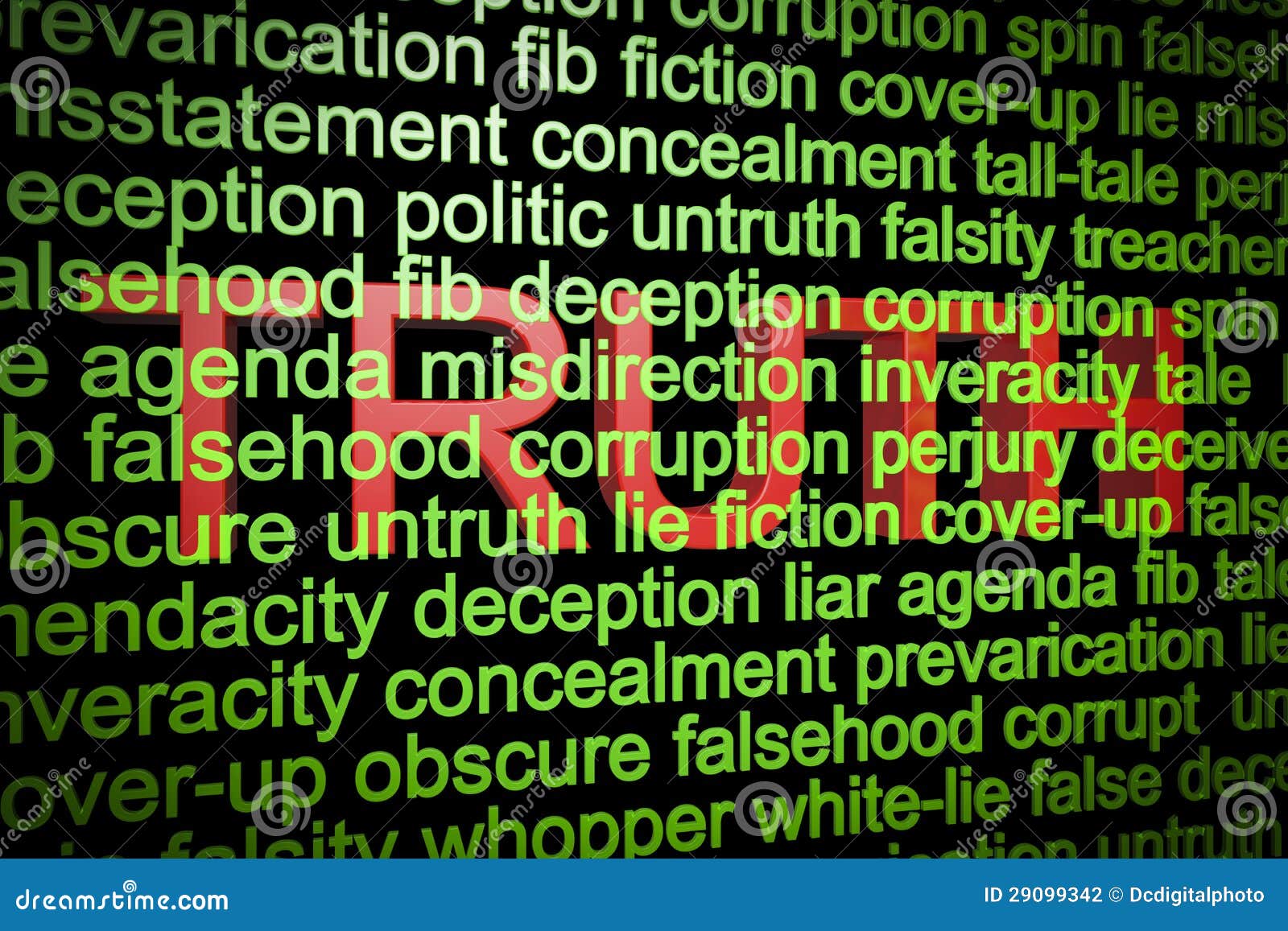Death Hoaxes Of Celebrities: Unveiling The Truth Behind The Lies
Let's dive right into the drama. Death hoaxes involving celebrities have been around for decades, and they keep popping up like popcorn at a movie theater. Whether it's a fake news story about a legendary musician or a viral claim that a famous actor has passed away, these hoaxes have a way of capturing our attention. But why do they happen? And more importantly, why do people fall for them?
From Elvis Presley to Tupac Shakur, the world has seen its fair share of celebrity death hoaxes. These stories often spread like wildfire, leaving fans confused and heartbroken. But here's the kicker: not all of them are true. In this article, we'll explore the truth behind the lies, uncovering the motives, the methods, and the impact of these hoaxes on both the celebrities and their fans.
So, buckle up, folks. This isn't just about celebrity gossip; it's about understanding how misinformation spreads in the digital age and why we need to be more cautious about what we believe. Let's get to the bottom of it.
Read also:Exploring The Influence And Achievements Of Kim Kylie And Kendall
Table of Contents:
- Biography of Key Celebrities
- A Brief History of Celebrity Death Hoaxes
- Why Do Death Hoaxes Happen?
- The Methods Behind the Madness
- The Impact on Celebrities and Fans
- The Role of the Internet in Spreading Hoaxes
- Famous Death Hoaxes: Case Studies
- How to Spot a Hoax
- Legal Implications of Death Hoaxes
- The Future of Celebrity Hoaxes
Biography of Key Celebrities
Before we dive into the nitty-gritty of death hoaxes, let's take a moment to get to know some of the celebrities who have been at the center of these controversies. Here's a quick look at their lives and careers:
Elvis Presley
| Name | Elvis Presley |
|---|---|
| Birth Date | January 8, 1935 |
| Death Date | August 16, 1977 |
| Occupation | Singer, Actor |
| Known For | King of Rock and Roll |
Elvis Presley, often referred to as the "King of Rock and Roll," was one of the most iconic musicians of all time. Despite his death in 1977, rumors about his supposed survival and secret life have persisted for decades. Fans and conspiracy theorists alike have speculated that Elvis faked his death to escape the pressures of fame.
A Brief History of Celebrity Death Hoaxes
Celebrity death hoaxes are nothing new. They've been around since the days of print media, but the internet has given them a whole new platform. Back in the day, newspapers and tabloids would publish sensational stories about famous figures passing away, only to retract them later when the truth came out. But why do these hoaxes keep happening?
One reason is the public's fascination with celebrities. We love to gossip about them, speculate about their lives, and even mourn their deaths. This curiosity creates the perfect environment for hoaxes to thrive. Plus, with the rise of social media, misinformation can spread faster than ever before.
Why Do Death Hoaxes Happen?
There are several reasons why people create and spread death hoaxes about celebrities:
Read also:Why The Lidl Beauty Box Online Is Your Secret Weapon For Affordable Glamour
- Attention-Seeking: Some individuals or groups create hoaxes to gain attention and notoriety. They know that sensational news about a celebrity's death will attract clicks and shares.
- Financial Gain: Hoaxes can be used to drive traffic to websites or sell products. For example, a website might publish a fake story about a celebrity's death to lure visitors and then bombard them with ads.
- Pranks and Jokes: Believe it or not, some hoaxes are just meant to be jokes. People might think it's funny to prank their friends or followers by spreading false information.
- Conspiracy Theories: Some hoaxes are born out of conspiracy theories. For example, fans of Elvis Presley have long believed that he faked his death to live a quiet life away from the spotlight.
The Methods Behind the Madness
So, how do these hoaxes actually work? Here's a breakdown of the common methods used to spread false information:
1. Fake News Websites
There are countless websites out there that specialize in publishing fake news stories. These sites often use clickbait headlines and sensational imagery to attract readers. Once the story is out there, it can quickly go viral, especially if it's shared on social media.
2. Social Media
Social media platforms like Twitter, Facebook, and Instagram are fertile ground for hoaxes. A single tweet or post can reach millions of people in seconds, making it easy for false information to spread like wildfire.
3. Deepfakes
With the rise of deepfake technology, it's now possible to create realistic videos and audio clips that can fool even the most discerning viewers. This has added a new layer of complexity to the world of celebrity death hoaxes.
The Impact on Celebrities and Fans
Death hoaxes can have a significant impact on both the celebrities involved and their fans. For the celebrities, it can be frustrating and even distressing to have their name associated with false information. It can also damage their reputation and affect their career.
For fans, the emotional toll can be even greater. Many people have been genuinely heartbroken by false reports of their favorite celebrity's death. Some have even held memorials or tribute events, only to find out later that the news was fake.
The Role of the Internet in Spreading Hoaxes
The internet has revolutionized the way we consume information, but it has also made it easier for hoaxes to spread. Here are some of the ways the internet has contributed to the problem:
- Speed: Information can travel around the world in seconds, making it difficult to stop a hoax once it's out there.
- Reach: Social media platforms have billions of users, giving hoaxes a massive audience.
- Anonymity: The internet allows people to spread false information without revealing their identity, making it harder to hold them accountable.
Famous Death Hoaxes: Case Studies
Let's take a look at some of the most famous celebrity death hoaxes in history:
Elvis Presley
Elvis Presley's death in 1977 was met with widespread grief, but rumors of his survival have persisted for decades. Some fans believe that Elvis faked his death to escape the pressures of fame and live a quiet life. While there's no concrete evidence to support this theory, it remains one of the most popular celebrity death hoaxes of all time.
Tupac Shakur
Tupac Shakur's death in 1996 was a shock to the world, but rumors about his survival have been circulating ever since. Some people believe that Tupac faked his death to protect himself from enemies in the music industry. While these claims have been debunked, they continue to captivate fans and conspiracy theorists alike.
How to Spot a Hoax
So, how can you tell if a celebrity death story is real or fake? Here are some tips:
- Check the Source: Make sure the news comes from a reputable source. If it's from an unknown website or social media account, it's probably not trustworthy.
- Look for Confirmation: Check if other major news outlets are reporting the same story. If they're not, it's likely a hoax.
- Be Skeptical of Sensational Headlines: If a headline seems too good (or bad) to be true, it probably is. Always verify the information before sharing it.
Legal Implications of Death Hoaxes
Spreading false information about a celebrity's death can have legal consequences. In some cases, the celebrity or their family may sue for defamation or emotional distress. Additionally, websites and social media accounts that spread hoaxes can face penalties or be shut down.
It's important to remember that hoaxes aren't just harmless fun; they can cause real harm to the people involved. That's why it's crucial to think twice before sharing unverified information.
The Future of Celebrity Hoaxes
As technology continues to evolve, so too will the methods used to spread celebrity death hoaxes. Deepfakes and other forms of AI-generated content will make it harder to distinguish fact from fiction. However, there are steps we can take to combat misinformation:
- Media Literacy: Educating people about how to evaluate sources and verify information can help reduce the spread of hoaxes.
- Fact-Checking Tools: Tools like Snopes and FactCheck.org can help people verify the accuracy of news stories.
- Platform Responsibility: Social media platforms need to take responsibility for the content on their sites and work to prevent the spread of misinformation.
In conclusion, celebrity death hoaxes are a complex issue that affects both the celebrities involved and their fans. While they may seem like harmless fun, they can have serious consequences. By understanding the motives behind these hoaxes and learning how to spot them, we can all do our part to combat misinformation and protect the truth.
So, what do you think? Have you ever fallen for a celebrity death hoax? Share your thoughts in the comments below and don't forget to check out our other articles for more insights into the world of entertainment.


